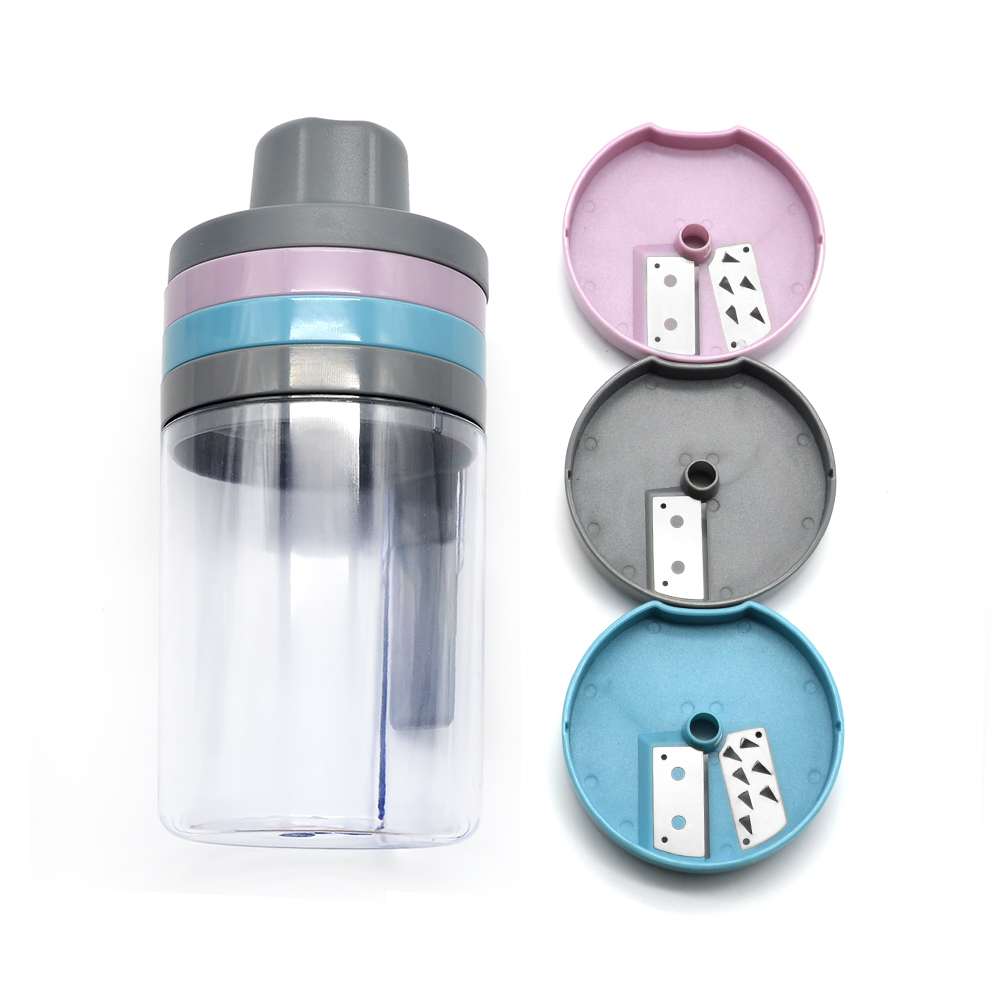Spiralizer manufacturing has become an essential part of the modern kitchen appliance industry, focusing on creating tools that transform vegetables into spiral-shaped delights for healthier meals. This process involves innovative techniques to produce high-quality devices that make food preparation easier and more efficient. As companies delve into spiralizer manufacturing, they emphasize durability, safety, and user-friendly designs to meet consumer demands.
The Manufacturing Process in Spiralizer Factories
Spiralizer factories play a crucial role in the production cycle, where raw materials like high-grade plastics and stainless steel are selected and molded into precise components. Workers assemble blades and handles with meticulous attention to detail, ensuring each part functions seamlessly. For instance, in a typical spiralizer factory, automated machinery cuts and shapes blades to create uniform spirals, reducing waste and enhancing product longevity. This step is vital for items like the Multi-function Food Processor & Slicer Set, which includes interchangeable discs for versatile slicing tasks.
Advancements in Vegetable Spiralizer Production
Vegetable spiralizer production has evolved with technological advancements, incorporating BPA-free materials to prioritize health and safety. Manufacturers focus on ergonomic designs, such as non-slip handles, to improve user experience during daily use. This production method not only boosts efficiency but also aligns with sustainable practices, like recycling scrap materials from the factory floor. The Multi-function Food Processor & Slicer Set exemplifies this, with its color-coded discs tailored for specific tasks—such as fine chopping or coarse grating—making it ideal for home cooks. By integrating these elements, vegetable spiralizer production ensures products are both practical and stylish.
The Impact on Culinary Innovation
Overall, spiralizer manufacturing continues to drive culinary innovation by enabling users to experiment with new recipes, like spiralized zucchini noodles or carrot ribbons. Factories dedicated to this production help maintain high standards, from initial design to final packaging, ensuring every unit meets quality benchmarks. As demand grows, companies are expanding their lines to include more versatile sets, fostering a culture of healthy eating and creative cooking in households worldwide.




